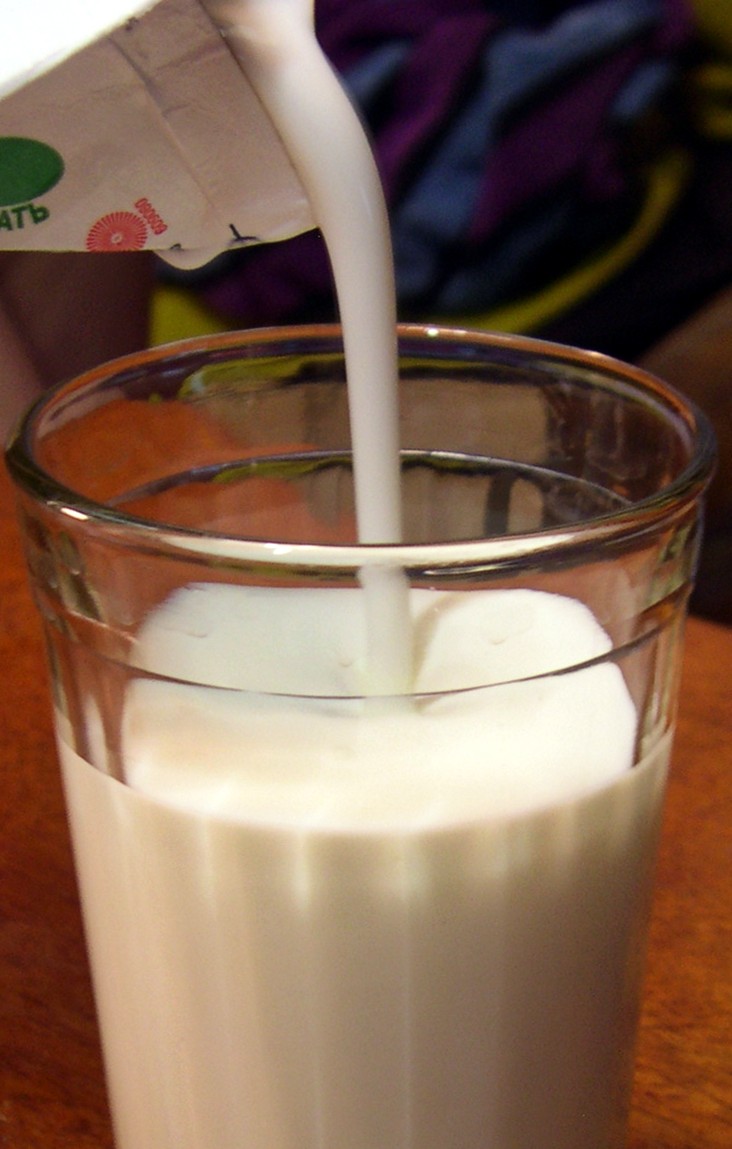The ability of probiotics to affect digestive and immune health now seems to be mainstream knowledge, with advertisements for over-the-counter brands shown on a regular basis. But did you know that they may also benefit your mental health?
 |
| Source: Quijote |
One such benefit of probiotics is that they could simply
improve mood, in other words, make people happy! A study involving 40 people tested the effect of a probiotic supplement containing several species of
Bifidobacterium and
Lactobacillus bacteria on negative thought patterns. After 4 weeks, participants who received the probiotics had significantly less aggressive and ruminating thoughts compared to the placebo group. To "ruminate" means to repeatedly go over negative thoughts, which can feel uncontrollable. These results were seen as important because the thought patterns that probiotics reduced are known risk factors for depression. In another study completed by 124 people, volunteers were given either a probiotic milk drink or a placebo for three weeks. Those with low mood who were taking the probiotic were more likely to describe themselves as "happy" instead of "depressed" after the three weeks.
Probiotics may not just prevent depression, but could also reduce its severity if you already have it. A
clinical trial of
Lactobacillus helveticus and
Bifidobacterium longum tested the two over 30 days for their effects on the Hospital Anxiety and Depression Scale (HADS) and the Hopkins symptom checklist. They found significant decreases in the sub-spheres of depression, somatisation and anger-hostility. "Somatisation" refers to the physical symptoms that can come with depression. The researchers then analysed the results of those with urinary cortisol levels of less than 50ng/mL at baseline. Cortisol is one of the primary stress hormones. Probiotics still significantly reduced these symptoms, as well as the "obsessive-compulsive", "anxiety" and "paranoid-ideation" scores in the Hopkins checklist. It was also pointed out that probiotics, unlike pharmaceuticals, are not addictive, and do not cause memory or learning impairments. Overall, it looks like probiotics could be an effective way to manage mood disorders naturally, but it is always best to consult a qualified practitioner of natural medicine first.
No comments:
Post a Comment